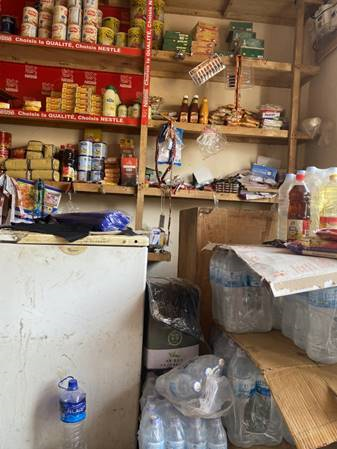By: Fatou Krubally
The declaration of intent last week by the National Bakers’ Union to increase the price of a standard loaf of bread from D10 to D13 today, Monday, February 14th, has sparked public outcry.
The union said its decision to increase the bread prices was due to rising production costs, including higher flour and fuel costs.
According to the National Bakers’ Union, its members have been struggling to maintain stable prices due to inflationary pressures and supply chain disruptions that have persisted since 2019.
The union explained in a statement that the cost of flour and transportation has risen significantly, forcing bakeries to either increase prices or risk closure.
Despite the union’s justification, the price hike has sparked frustration among consumers, many of whom see it as another financial burden in an already difficult economic climate.
“I buy bread for my family every morning, and now I have to find extra money just for that,” complained Fatou Jobe, a mother of four. “Three dalasi may seem small, but when you add it up over a month, it becomes a lot.”
Another concerned consumer Ebrima Bah, a taxi driver, expressed frustration over the timing of the increase.
“Everything is going up—fuel, rice, sugar, and now bread. We are struggling to survive. What are we supposed to do next?” he asked.
However, bakery owners argued that sustenance of their businesses necessitated their decision to increase the bread price.
“I understand the frustration, but people don’t see the costs we bear,” said Isatou Ceesay, who owns a small bakery in Serrekunda. “If we don’t increase the price, many bakeries will close down, and that will be worse for everyone.”
To address concerns about bread quality, the National Bakers’ Union also announced new standard weights for different types of bread. Under the new pricing structure, “Senfour” bread will weigh 1.70kg, while “Tapalapa” will be standardized at 1.55kg. Consumers have been urged to report any vendor, who fails to comply with these new weight regulations.
As the new prices take effect today, the debate continues. Consumers are calling for government intervention to stabilize food costs, while bakers insist the increase is unavoidable. With Ramadan fast approaching, many Gambians worry about how the rising cost of essential goods will impact their daily lives.





